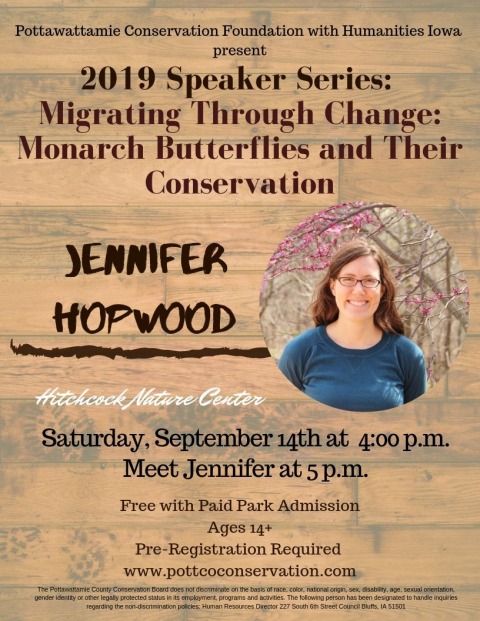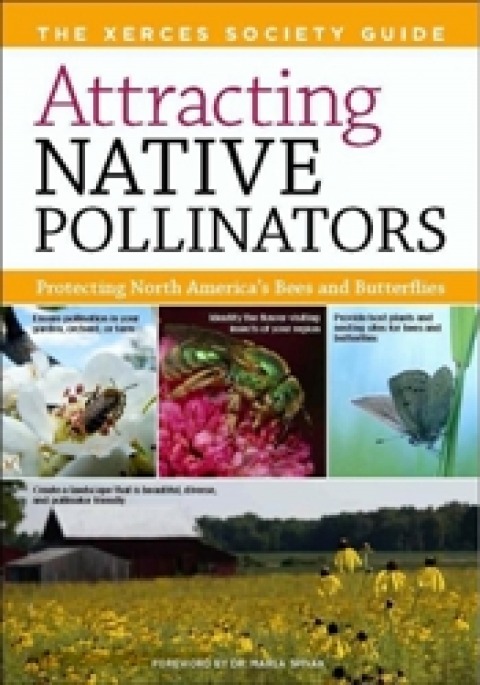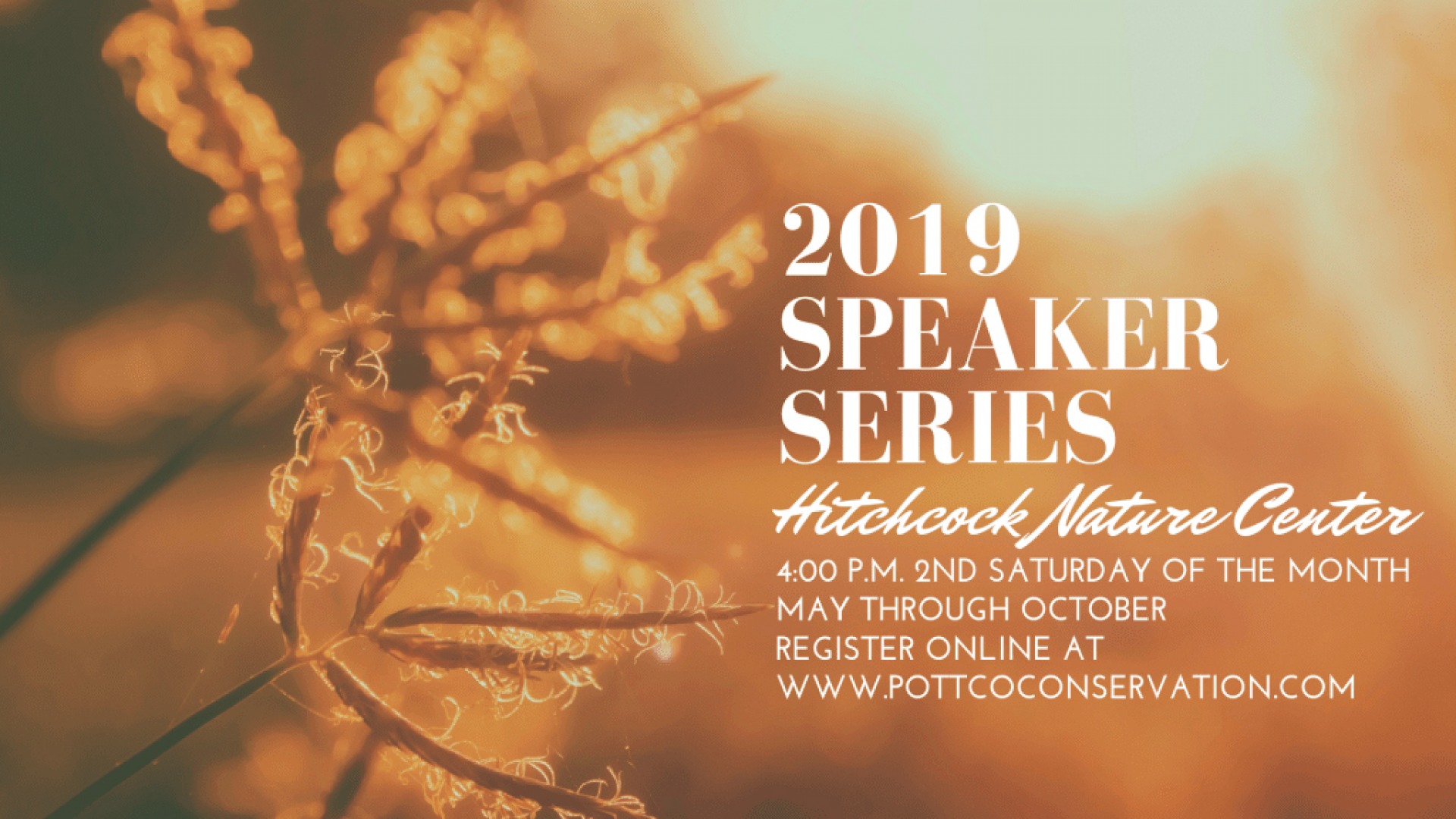These popular topics are heating up. Explore today's most viewed pages.
Visit our website to register online and for more information.
 Jennifer was kind enough to chat with our Naturalist Michelle to give you all an idea of what to expect & help you get to know her & the important work she does.
Jennifer was kind enough to chat with our Naturalist Michelle to give you all an idea of what to expect & help you get to know her & the important work she does.
My conservation roots definitely date back to my childhood. My grandmother helped me get started identifying wildflowers, and I loved exploring. That love of nature fed an interest in ecology. In college, I earned more about insect diversity and the importance of insects, and that set me off on my current path, insect conservation. I'm lucky to be able to have a career that combines conservation and education.
I'll be speaking about monarch butterflies, their amazing migration, the status of monarchs, and conservation efforts that everyone can take to help bring back monarchs.
Oh, this is a tough question. I'm lucky to work with an amazing group of people, including my colleagues at Xerces and our wide array of conservation partners. I never stop learning. And I'm glad to spend time working towards creative efforts to make a difference for the little animals that keep our world running.
I think it was initially discouraging to find a job. I left graduate school feeling like I was ready to apply what I learned, but without on the ground experience, I wasn't the most desirable candidate for the jobs I was seeking. It took perseverance in applying, reaching out to other professionals to make connections, and finding opportunities to gain more practical experience.
 If you only had a minute or two to inspire or encourage people to care about conservation, what would you tell them?
If you only had a minute or two to inspire or encourage people to care about conservation, what would you tell them?If you value clean water, fruits and vegetables, healthy soil, basically if you value your health and the future health of young people, take small steps to help the multitudes of insects and plants that support our lives.
The Xerces Society Guide, Attracting Native Pollinators: Protecting North America's Bees & Butterflies & also from the Xerces Society, Gardening for Butterflies.
